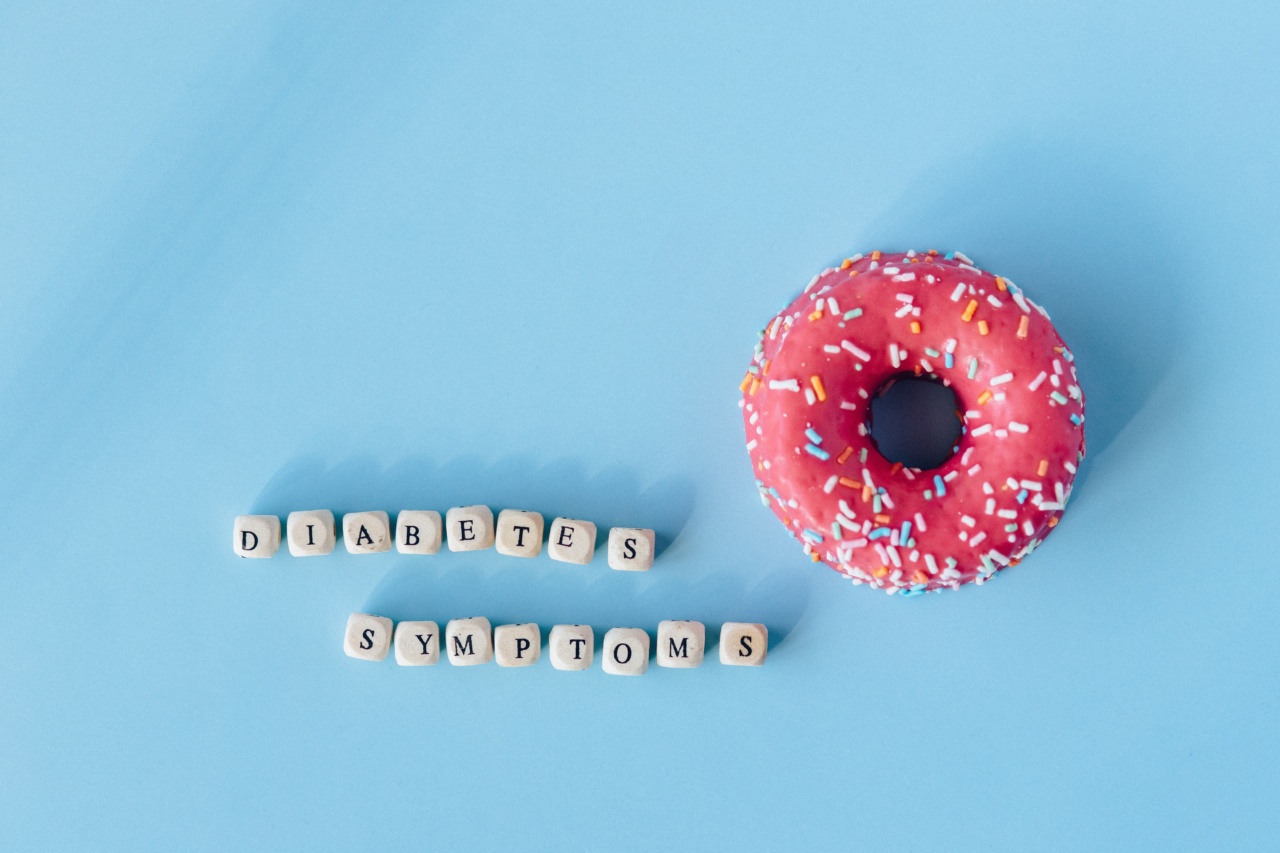World Menopause Day is celebrated every year on October 18th to raise awareness about the menopause and to support women who are going through this stage of life.
The menopause is a natural process that occurs when a woman’s menstrual cycles stop permanently, and it usually happens around the age of 50. However, some women may experience menopause earlier or later than this age.
What Are the Symptoms of Menopause?
Menopause can cause a range of symptoms, and these can vary from woman to woman. Some common symptoms include:.
- Hot flashes
- Night sweats
- Vaginal dryness
- Mood swings
- Irritability
- Anxiety
- Depression
- Difficulty sleeping
- Fatigue
- Irregular menstrual cycles
These symptoms can be challenging to deal with, and they can have a significant impact on a woman’s quality of life. However, there are treatments that can help to manage these symptoms and make menopause more manageable.
What Can I Do to Manage My Symptoms?
If you are experiencing menopause symptoms, there are several things that you can do to manage them:.
- Exercise regularly
- Eat a healthy, balanced diet
- Get enough sleep
- Try relaxation techniques such as yoga or meditation
- Avoid triggers that can cause hot flashes, such as caffeine or alcohol
- Wear light layers of clothing to help regulate your body temperature
- Use vaginal moisturizers to relieve dryness
- Consider hormone replacement therapy (HRT) if your symptoms are severe
It is essential to talk to your doctor about your symptoms, as they can recommend the best treatment options for your individual needs.
What Are the Risks of Hormone Replacement Therapy?
HRT is a treatment that involves taking hormones to alleviate menopause symptoms. It can be an effective way to manage symptoms, but it is not without risks. Some women may experience side effects such as:.
- Bloating
- Breast tenderness
- Headaches
- Nausea
- Leg cramps
In addition to these side effects, HRT can increase the risk of certain health conditions, such as:.
- Breast cancer
- Endometrial cancer
- Stroke
- Heart disease
However, these risks are relatively small, and for many women, the benefits of HRT outweigh the risks. It is essential to talk to your doctor about your individual risks and benefits when considering HRT.
What Are Some Natural Remedies for Menopause Symptoms?
Some women may prefer to try natural remedies to manage their menopause symptoms. Some natural remedies that may help include:.
- Black cohosh
- Sage
- Soy
- Red clover
- Flaxseed
However, it is important to note that there is limited scientific evidence to support the effectiveness of these remedies, and they may not work for everyone.
It is essential to talk to your doctor before trying any natural remedies to ensure that they are safe for you to use.
What Are the Long-Term Effects of Menopause?
Menopause can have several long-term effects on a woman’s health, including:.
- Bone loss
- Osteoporosis
- Incontinence
- Dry skin
- Changes in sexual function
- Changes in weight distribution
It is essential to take steps to protect your long-term health during and after menopause. These steps may include:.
- Eating a balanced diet rich in calcium and vitamin D
- Exercising regularly to help maintain bone density
- Quitting smoking
- Protecting your skin from the sun
Talking to your doctor about any concerns you have about your long-term health is also important.
Conclusion
Menopause is a natural process that can be challenging to manage. However, with the right treatment and self-care measures, it is possible to manage the symptoms and protect your long-term health.
If you are experiencing menopause symptoms, talk to your doctor about your individual needs and treatment options.































